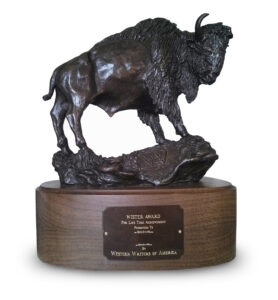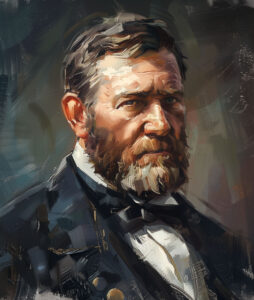Lincoln and the Power of the Press: The War for Public Opinion
Harold Holzer, Simon & Schuster
Abraham Lincoln believed “with public sentiment nothing can fail; without it, nothing can succeed.” In the mid–19th century, swaying the public’s opinion meant learning the art of communicating through newspapers. In the words of Noah Webster, “In no other country on earth, not even in Great Britain, did Newspapers so generally circulate among the body of the people as in America.” Few of the larger papers knew what to make of the Republican Party’s choice for president in May 1860. James Gordon Bennett, founder and publisher of the New York Herald, denounced Lincoln’s nomination as “absurd, improbable, and incredible,” for instance. He accused the Republicans of passing up able men for “a fourth-rate lecturer who cannot speak good grammar….”
Lincoln learned politics in a part of the country that was, as Harold Holzer writes, “a two-party battleground where election campaigns took on the militant urgency of outright war, and combatants deployed newspapers as their most powerful weapons.” It was good training for what he would face on the national level; according to his law partner, William H. Herndon, Lincoln “never overlooked a newspaperman who had it in his power to say a good or bad thing of him.”
Once the Union was successful in battle, the tone of the critics softened somewhat. But the president found that he couldn’t please all of the people all of the time. One speech was praised by Republican papers but panned in the African-American press: “As free colored men, we thank Mr. Lincoln for nothing,” bristled the Weekly Anglo African.
Of the publishers during Lincoln’s day, Holzer says, “They had quarreled bitterly over politics, split irreconcilably on slavery and abolition, squabbled violently over emancipation and black recruitment, and dueled relentlessly over issues of war, peace, and indeed, Lincoln himself.” But in their sorrow over Lincoln’s death, “for the first time in so many years that no one seemed able to remember how long their feuds had lasted, James Gordon Bennett, Horace Greeley, and [co-founder of The New York Times] Henry J. Raymond had finally found something about which they could all agree.” To no one’s surprise, their reconciliation would prove to be fleeting.
Originally published in the August 2014 issue of Civil War Times. To subscribe, click here.




